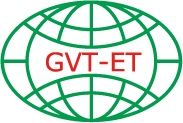Blogs & News
We are focus on automotive wiring harness & connectors technology.
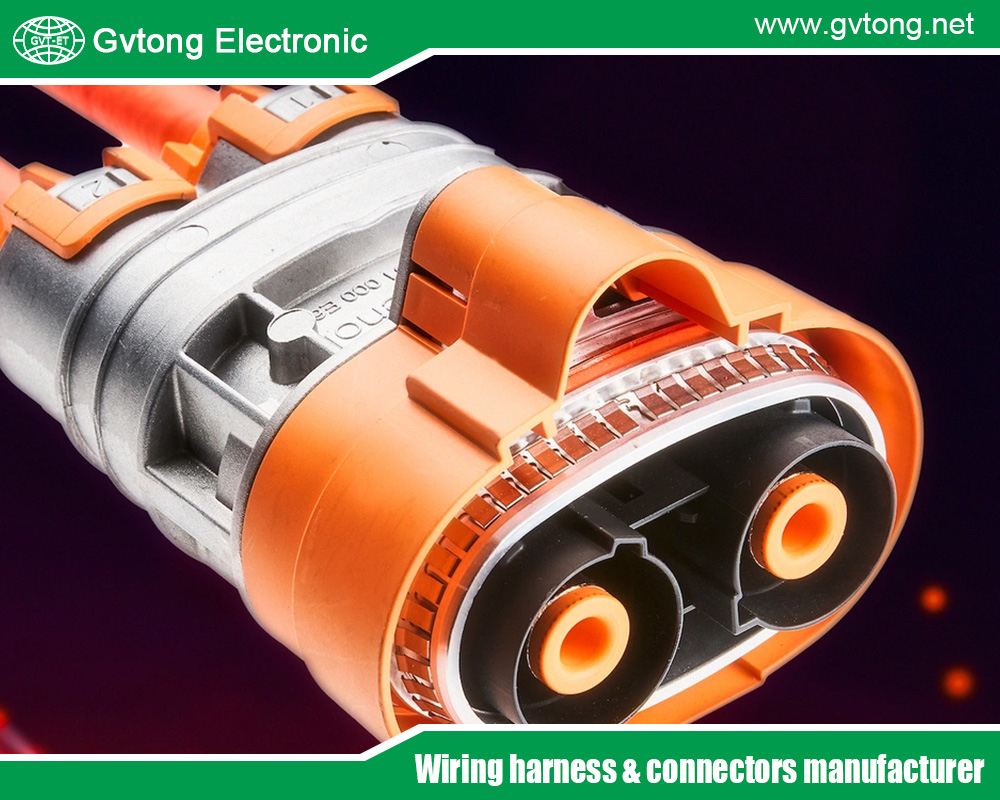
China High Current Connectors Manufacturer
- Gvtong Electronic
- automotive electrical connector, Automotive High Current Connectors Brands, automotive High voltage connector, automotive Low voltage connector, Automotive Low Voltage Signal And Power Connector Solutions, automotive Oil-resistant Connectors, automotive Signal Connector, best china high current connectors manufacturer, best photovoltaic connectors for solar panels, Best Photovoltaic Solar Battery Connectors For Energy Storage Systems, China Energy Storage Connector Manufacturers, China High Current Connectors Manufacturer, China High Frequency And High Speed Connectors Manufacturer, China Industrial Electrical Connectors Manufacturers, china photovoltaic connectors manufacturers, electric vehicle EV connector supplier, EV charging connectors manufacturers, high Current Connectors, high current connectors manufacturer, High Voltage EV Battery Connector For Electric Vehicles, High Voltage High Current Connectors
- No Comments
China High Current Connectors Manufacturer
High current connectors are critical components in the rapidly evolving landscape of modern technology, enabling the efficient and reliable transfer of substantial electrical power in applications ranging from electric vehicles (EVs) to renewable energy systems and industrial automation. As global demand for high-power solutions surges, China has solidified its position as a leading hub for the manufacturing of high current connectors, leveraging its vast industrial capabilities, technological innovation, and competitive pricing. This article explores the ecosystem of China’s high current connector manufacturers, their contributions to key industries, the challenges they face, and the trends shaping the future of this vital sector.
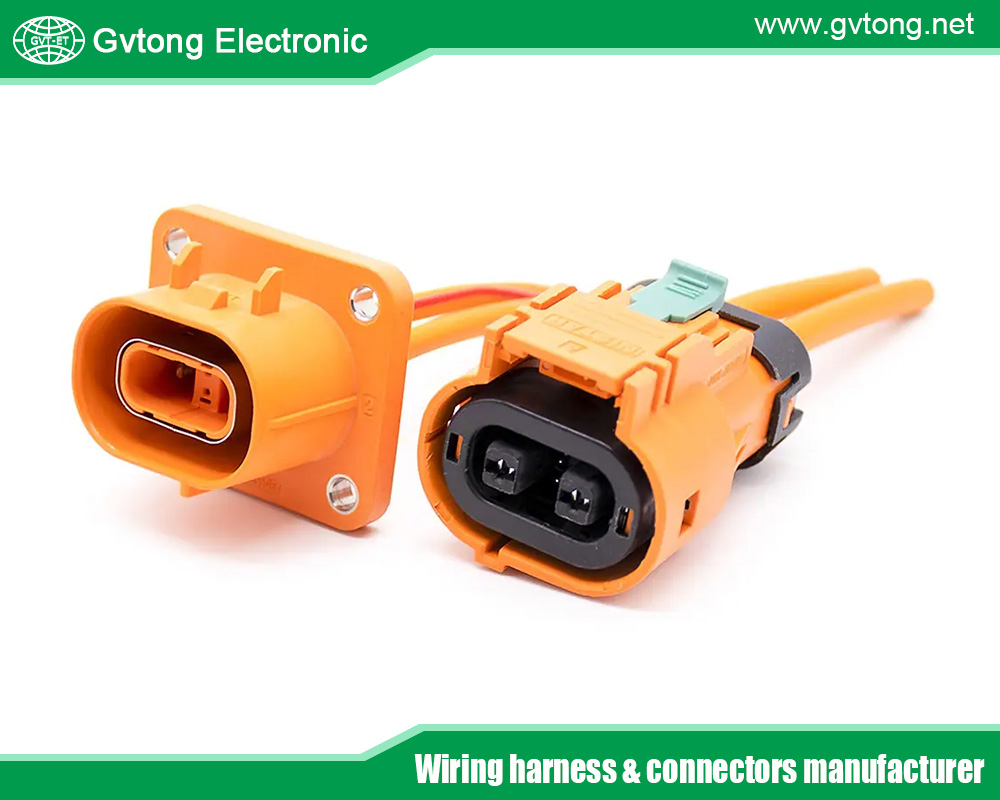
Understanding High Current Connectors
China’s high current connectors manufacturers are specialized electrical components designed to transmit large amounts of electrical current—often exceeding 100 amperes (A)—while maintaining safety, reliability, and efficiency. Unlike standard connectors, these are engineered to handle high voltages (up to 1500V or more) and operate under demanding conditions, such as extreme temperatures, vibrations, or harsh environments. Their design prioritizes low resistance, robust construction, and advanced safety features like locking mechanisms to prevent accidental disconnections.
These connectors are integral to a wide range of applications, including:
- Electric Vehicles (EVs): Supporting fast charging and power distribution in EV batteries and drivetrains.
- Renewable Energy: Facilitating power transfer in solar inverters, wind turbines, and energy storage systems.
- Industrial Automation: Powering heavy machinery, robotics, and manufacturing systems.
- Aerospace and Defense: Enabling reliable power delivery in mission-critical equipment.
- Data Centers: Supporting high-power computing and uninterruptible power supplies (UPS).
China’s manufacturers have capitalized on the growing demand for these connectors, driven by global trends like electrification, decarbonization, and the expansion of renewable energy infrastructure. Their ability to produce high-quality, cost-effective solutions has positioned them as key players in the global market.
The Market Landscape in China
China’s high current connector industry is a dynamic and rapidly growing sector, fueled by the country’s dominance in electronics manufacturing and its strategic focus on high-tech industries. According to industry insights, the global market for high current connectors is expanding alongside the rise of EVs, renewable energy, and smart manufacturing. China’s manufacturers benefit from a robust supply chain, advanced production facilities, and government support through initiatives like “Made in China 2025,” which prioritizes innovation in critical technologies.
The competitive landscape includes both established giants and specialized firms, with many companies offering customized solutions to meet diverse industry needs. Key manufacturers include:
- Renhotecpro: Specializes in circular and industrial connectors, including high current solutions for demanding applications.
- Kabasi Connector: A leading producer of high current panel mount and power connectors, known for quality and customization.
- China Amass: Focuses on anti-falling connectors for EVs, incorporating lock designs for enhanced safety.
- Weinuoer: Supplies high-voltage and high-current connectors for EVs and new energy applications.
- Apeks Electric Co., Ltd: A prominent manufacturer of heavy-duty and high current connectors, catering to industrial and automotive sectors.
- JONHON Optoelectronics: A major player with over 300 series of connectors, holding a significant share of China’s high-voltage connector market.
These companies, alongside others like Haoke Electric, WKDQ, and Beisit Electric, are driving innovation and scalability in the high current connector space, positioning China as a global leader.
Applications and Connector Types
High current connectors are tailored to specific applications, with designs varying based on current ratings, voltage requirements, and environmental factors. Below, we explore the primary applications and the types of connectors produced by Chinese manufacturers.
Electric Vehicles (EVs)
The EV industry is a major driver of demand for high current connectors, particularly for fast-charging systems and power distribution within vehicles. Connectors like those compliant with standards such as GB/T (China’s national standard) and CCS (Combined Charging System) are critical for EV charging infrastructure. These connectors often support currents up to 200A or more and voltages up to 1000V.
- China Amass: Their LCB30PW connector features an anti-falling lock design, ensuring secure connections during EV charging.
- Weinuoer: Produces high-voltage current connectors for EV charging, designed for reliability in high-power scenarios.
- Yonggui Electric: Specializes in GB/T-compliant connectors, supporting China’s massive EV market.
Renewable Energy and Energy Storage
Renewable energy systems, such as solar panels, wind turbines, and battery energy storage systems (BESS), require connectors capable of handling high currents to transfer power efficiently. These connectors must withstand outdoor conditions and maintain performance over long lifespans.
- Beisit Electric: Offers SurLok Plus connectors, which support up to 200A and 1500V, ideal for energy storage applications.
- Renhotecpro: Provides robust cable assemblies for solar and wind energy systems, emphasizing durability.
Industrial Automation
In industrial settings, high current connectors power heavy machinery, robotics, and automation systems. These connectors are designed for high reliability and often feature heavy-duty housings to withstand vibrations and harsh environments.
- Apeks Electric: Produces heavy-duty connectors for industrial applications, known for their rugged design and high current capacity.
- Haoke Electric: Focuses on heavy-duty connectors under the HAOKE® brand, catering to automation and manufacturing.
- WKDQ: Supplies 32-pin high current connectors for industrial control systems, emphasizing top-out designs for easy integration.
Aerospace and Defense
High current connectors in aerospace and defense applications must meet stringent safety and performance standards, supporting power delivery in radar systems, avionics, and military equipment.
- JONHON Optoelectronics: Offers a wide range of connectors, including high current solutions for aerospace, with a focus on precision and reliability.
- Sinrui Technology: Produces high-precision connectors suitable for defense applications, leveraging automated production for consistency.
Innovations and Technological Advancements
Chinese manufacturers are at the forefront of innovation in high current connectors, driven by the need for higher efficiency, safety, and compactness. Key advancements include:
- High Current Ratings: Connectors like Beisit’s SurLok Plus support up to 200A, meeting the demands of fast-charging EVs and energy storage systems.
- Safety Features: Anti-falling lock designs, as seen in China Amass’s products, enhance safety in EV applications by preventing disconnections.
- Miniaturization: Companies like Kabasi are developing compact connectors that maintain high current capacity, enabling integration into space-constrained systems.
- High-Voltage Compatibility: Connectors from Weinuoer and JONHON support voltages up to 1500V, critical for renewable energy and EV applications.
- Environmental Resilience: Manufacturers like Renhotecpro focus on connectors with robust sealing and corrosion resistance, suitable for outdoor and industrial environments.
These innovations align with global trends toward electrification and smart manufacturing, positioning Chinese manufacturers to meet future demands.
Challenges Facing Chinese Manufacturers
Despite their successes, Chinese high current connector manufacturers face several challenges:
- Regulatory Compliance: Meeting international standards, such as those set by the International Electrotechnical Commission (IEC) or Society of Automotive Engineers (SAE), requires rigorous testing and certification, which can be resource-intensive.
- Global Competition: Established players like TE Connectivity, Amphenol, and Molex pose significant competition, pushing Chinese firms to differentiate through cost and innovation.
- Supply Chain Disruptions: Shortages of raw materials, such as copper or specialized plastics, can impact production timelines and costs.
- Technological Complexity: As applications demand higher currents and voltages, manufacturers must invest heavily in R&D to develop advanced materials and designs.
To address these challenges, many companies are forming strategic partnerships, adopting automation, and investing in sustainable manufacturing practices.
The Role of Government and Industry Support
China’s government plays a pivotal role in supporting the high current connector industry through policies like “Made in China 2025,” which emphasizes technological innovation and self-reliance. Incentives for EV production and renewable energy adoption have spurred demand for high current connectors, while investments in R&D infrastructure enable manufacturers to innovate rapidly.
Additionally, China’s robust supply chain—encompassing raw materials, component production, and assembly—gives manufacturers a competitive edge. Trade platforms like Made-in-China.com facilitate global outreach, connecting Chinese suppliers with international buyers.
The Future of High Current Connectors in China
The future of China’s high current connector industry is bright, driven by several key trends:
- Electric Vehicle Expansion: As the world’s largest EV market, China will continue to drive demand for high current connectors, particularly for fast-charging infrastructure.
- Renewable Energy Growth: The global push for carbon neutrality will increase the need for connectors in solar, wind, and energy storage systems.
- Smart Manufacturing: Industry 4.0 will require connectors that support high-power automation and data integration.
- Global Market Penetration: Chinese manufacturers are expanding internationally, leveraging cost advantages and quality improvements to compete with global leaders.
Emerging technologies, such as wireless power transfer and ultra-high-current connectors (exceeding 500A), may redefine the industry. Manufacturers that invest in R&D and align with global standards will be well-positioned to lead.
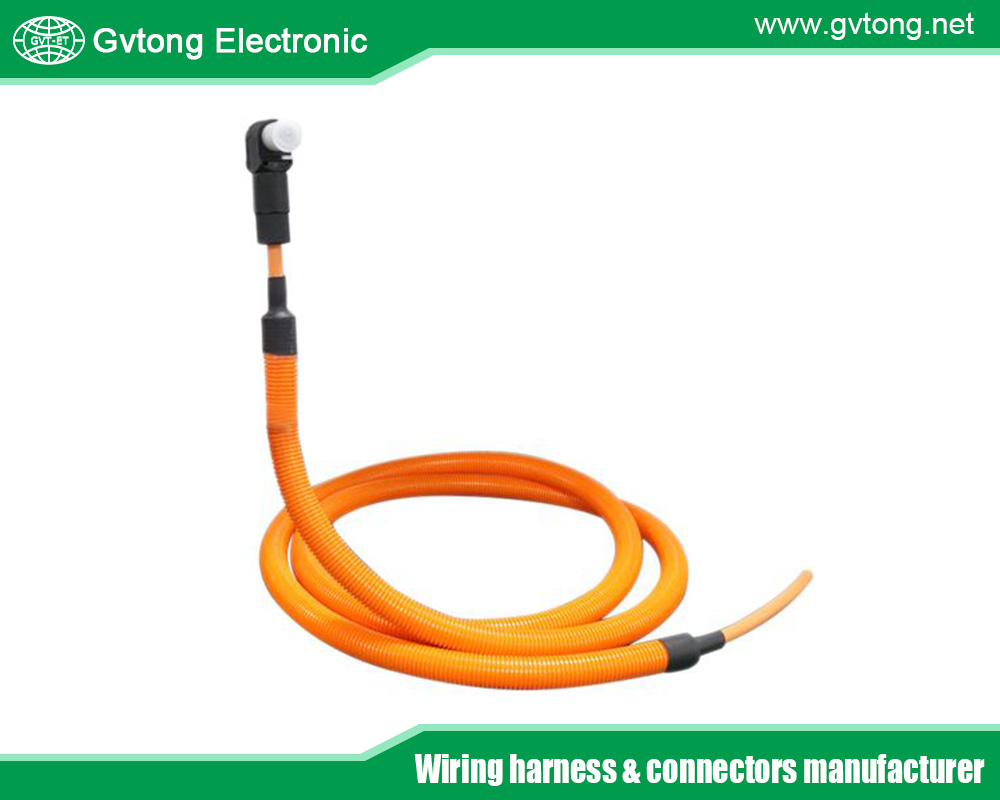
Conclusion
China’s high current connector manufacturers are pivotal to the global shift toward high-power, sustainable technologies. Companies like Renhotecpro, Kabasi, China Amass, Weinuoer, and JONHON Optoelectronics are driving innovation, producing connectors that power electric vehicles, renewable energy systems, and industrial automation. Despite challenges like regulatory compliance and global competition, their focus on quality, safety, and technological advancement ensures their competitiveness. As the world embraces electrification and smart technologies, China’s manufacturers are poised to play a central role, powering the future of connectivity and energy transfer.
For more about the best china high current connectors manufacturer, you can pay a visit to Gvtong at https://www.gvtong.net/ for more info.
Recent Posts
How to Diagnose and Repair Automotive Signal Connector Failures
How to Install and Maintain Low Pressure Automotive Connectors
Heat Shrink vs. Crimp: Choosing the Right 12V Car Wire Connector
Best 12V Automotive Wire Connectors for Reliable Electrical Connections
Tags
Recommended Products
-
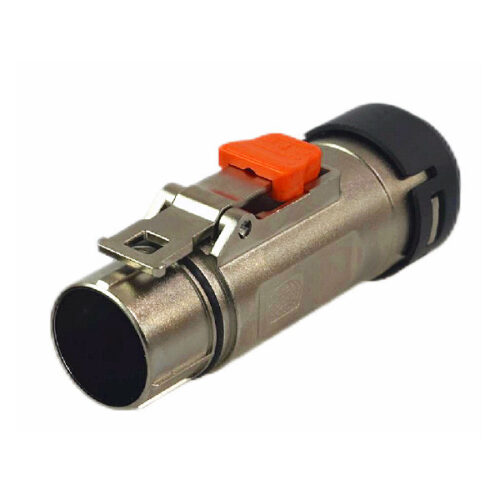
GM Series-10mm-Single Core Metal Connector
-
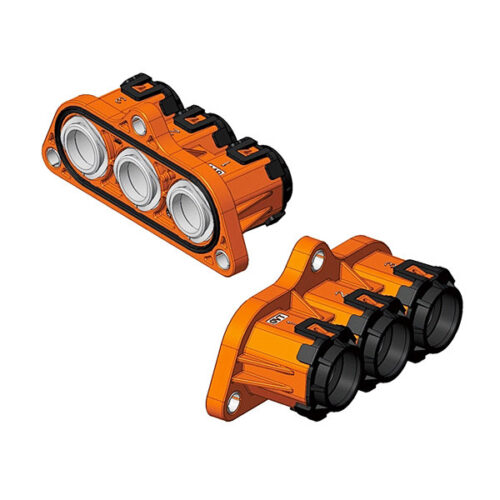
GVPT three-core wiring connector
-
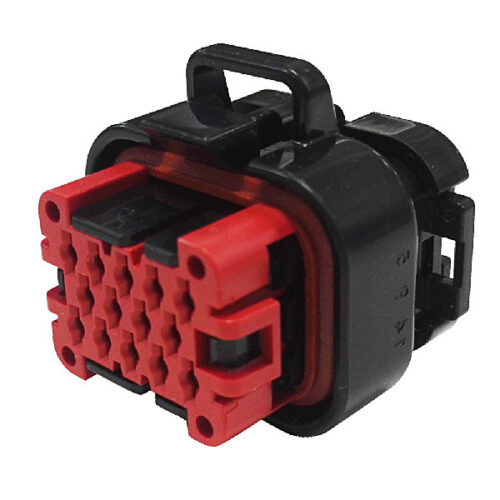
GE Series-14-core three-row signal connector
-
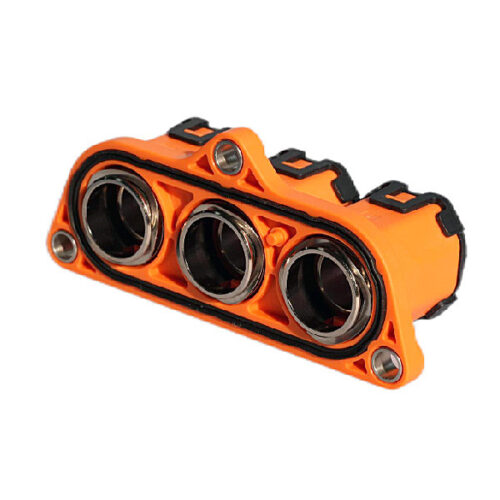
GVPT 3-core wiring connector
-
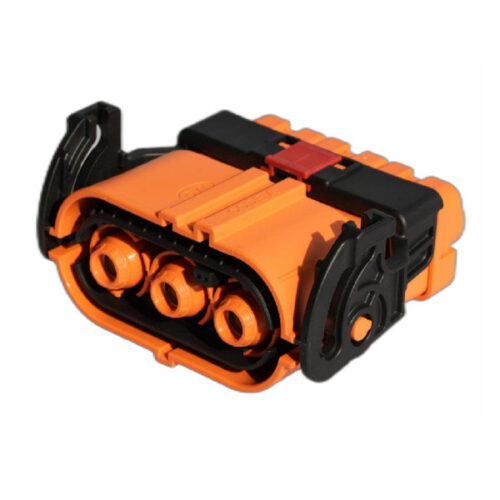
GH800 Series-3-core plastic high voltage connector
-
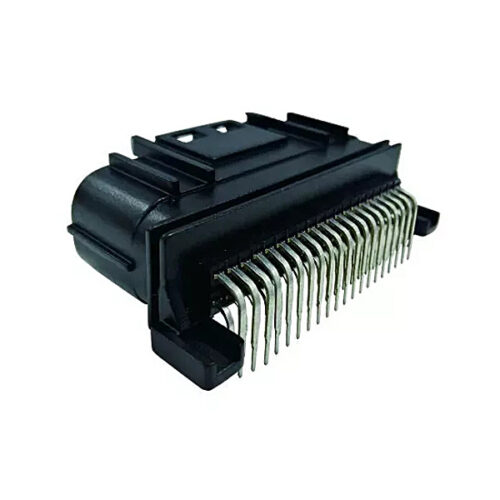
GE double row 40pin signal connector socket
-
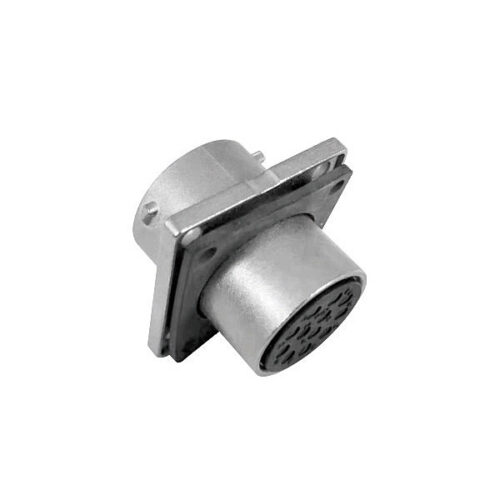
Signal connector-8 core-12#
-
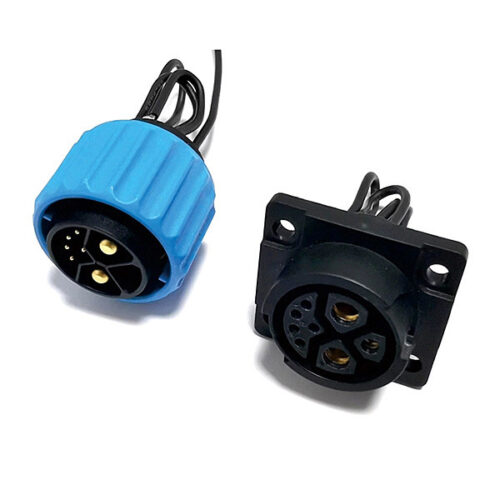
Combined power connector (2+1+5)
